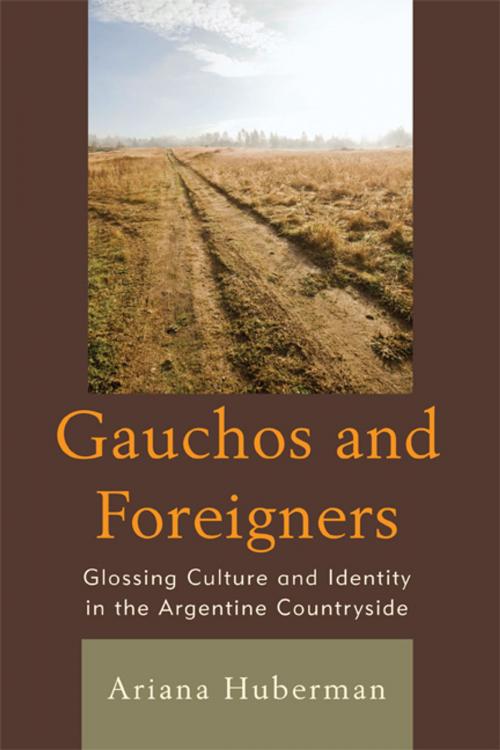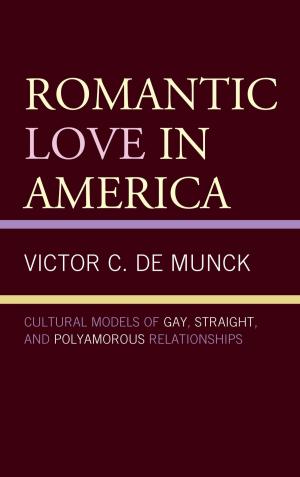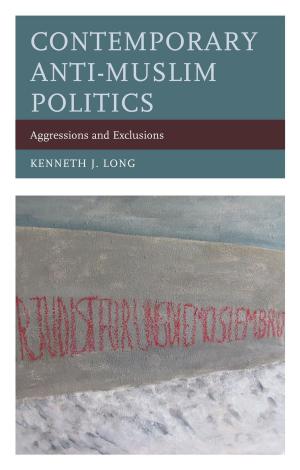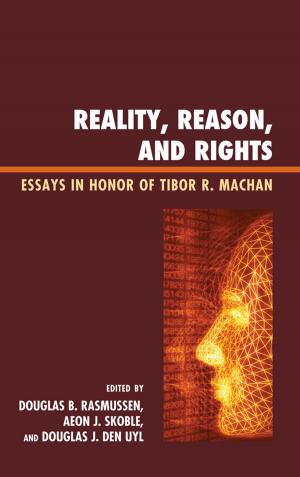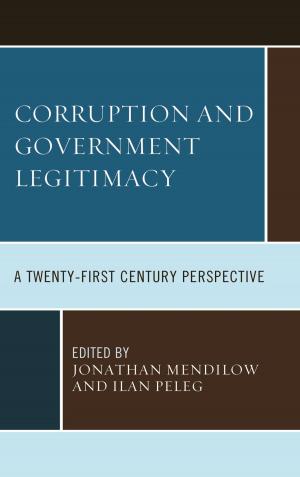Gauchos and Foreigners
Glossing Culture and Identity in the Argentine Countryside
Fiction & Literature, Literary Theory & Criticism, Central & South American, Nonfiction, Social & Cultural Studies, Social Science, Cultural Studies, Ethnic Studies| Author: | Ariana Huberman | ISBN: | 9780739149065 |
| Publisher: | Lexington Books | Publication: | December 29, 2010 |
| Imprint: | Lexington Books | Language: | English |
| Author: | Ariana Huberman |
| ISBN: | 9780739149065 |
| Publisher: | Lexington Books |
| Publication: | December 29, 2010 |
| Imprint: | Lexington Books |
| Language: | English |
In Gauchos and Foreigners: Glossing Culture and Identity in the Argentine Countryside Ariana Huberman discusses the relationship between the gaucho figure and the 'foreigner' in Argentine rural literature. The narratives of William Henry Hudson, Benito Lynch and Alberto Gerchunoff present English scientists and travelers, as well as Jewish and Italian immigrants, in direct contact with the gaucho in the Argentine and Uruguayan countryside. The book shows how the intent to define and translate terms from the national glossary the gaucho, his lifestyle and habitat and from 'foreign' cultures, ultimately questions these terms' capacity to represent a specific culture. It traces a series of writing practices that challenge the concepts of 'native' and 'foreign' as stable categories of representation by conveying identity and culture across multiple linguistic, social and cultural registers. The reading of these unique practices of translation hopes to offer a fresh approach to the multicultural scope of Argentine literature.
In Gauchos and Foreigners: Glossing Culture and Identity in the Argentine Countryside Ariana Huberman discusses the relationship between the gaucho figure and the 'foreigner' in Argentine rural literature. The narratives of William Henry Hudson, Benito Lynch and Alberto Gerchunoff present English scientists and travelers, as well as Jewish and Italian immigrants, in direct contact with the gaucho in the Argentine and Uruguayan countryside. The book shows how the intent to define and translate terms from the national glossary the gaucho, his lifestyle and habitat and from 'foreign' cultures, ultimately questions these terms' capacity to represent a specific culture. It traces a series of writing practices that challenge the concepts of 'native' and 'foreign' as stable categories of representation by conveying identity and culture across multiple linguistic, social and cultural registers. The reading of these unique practices of translation hopes to offer a fresh approach to the multicultural scope of Argentine literature.
